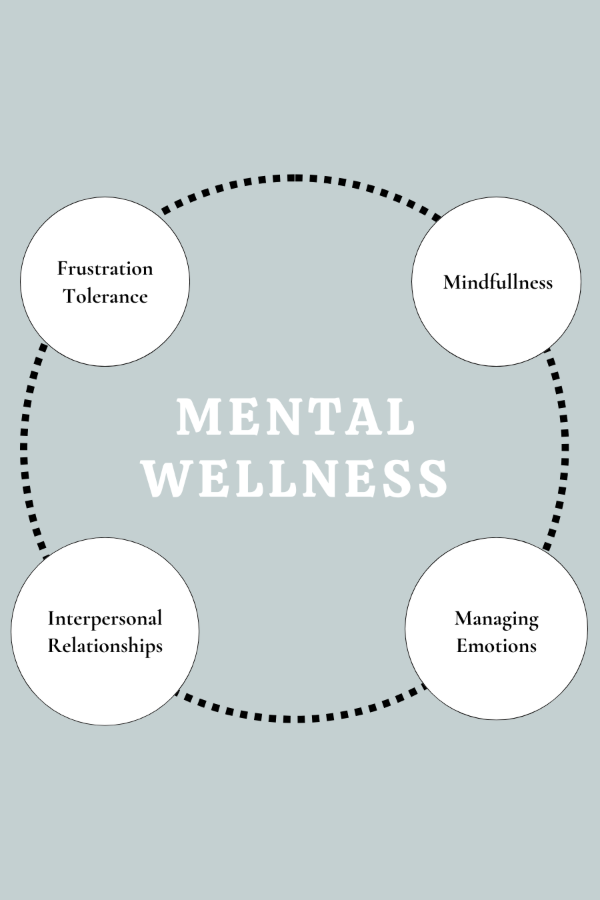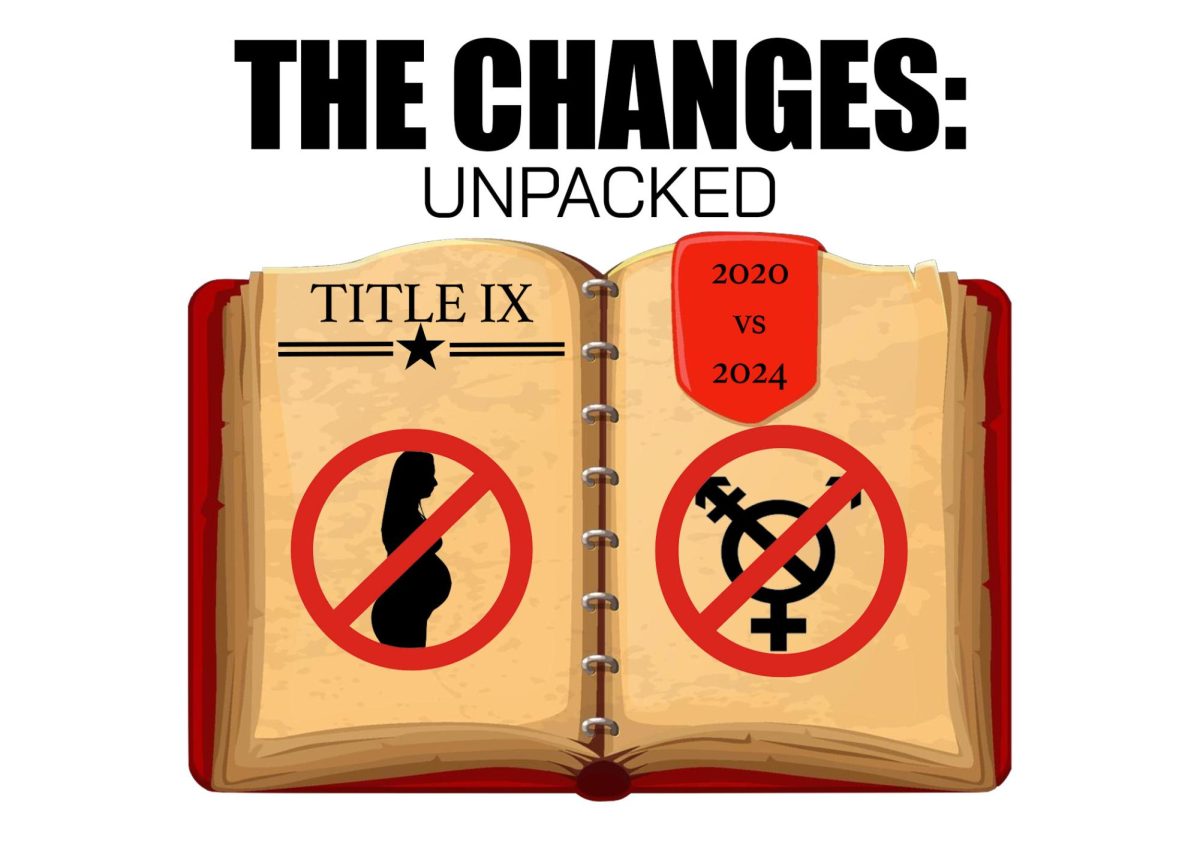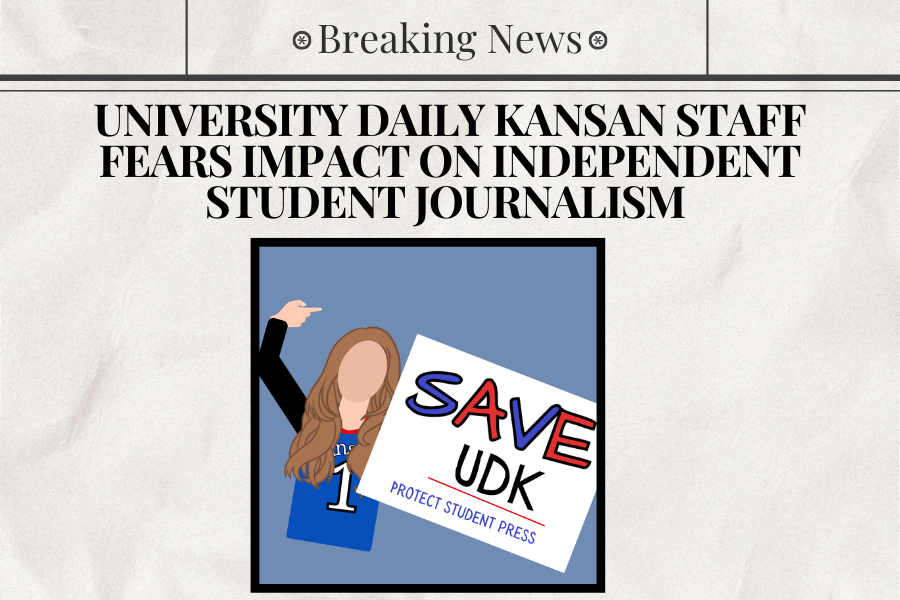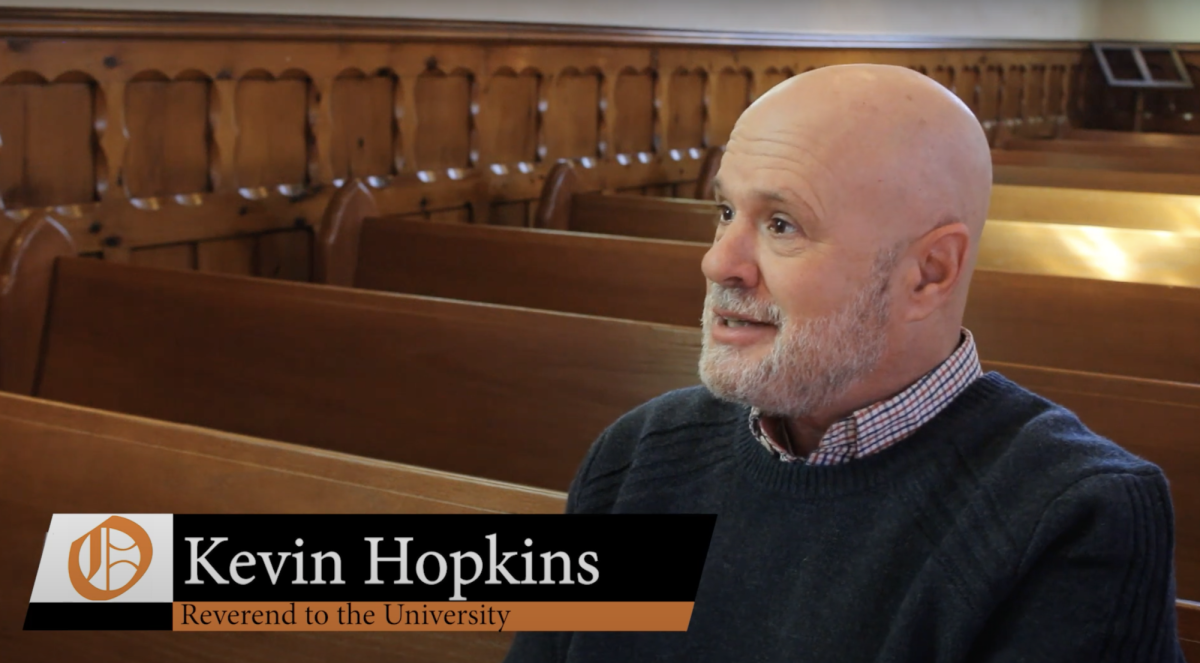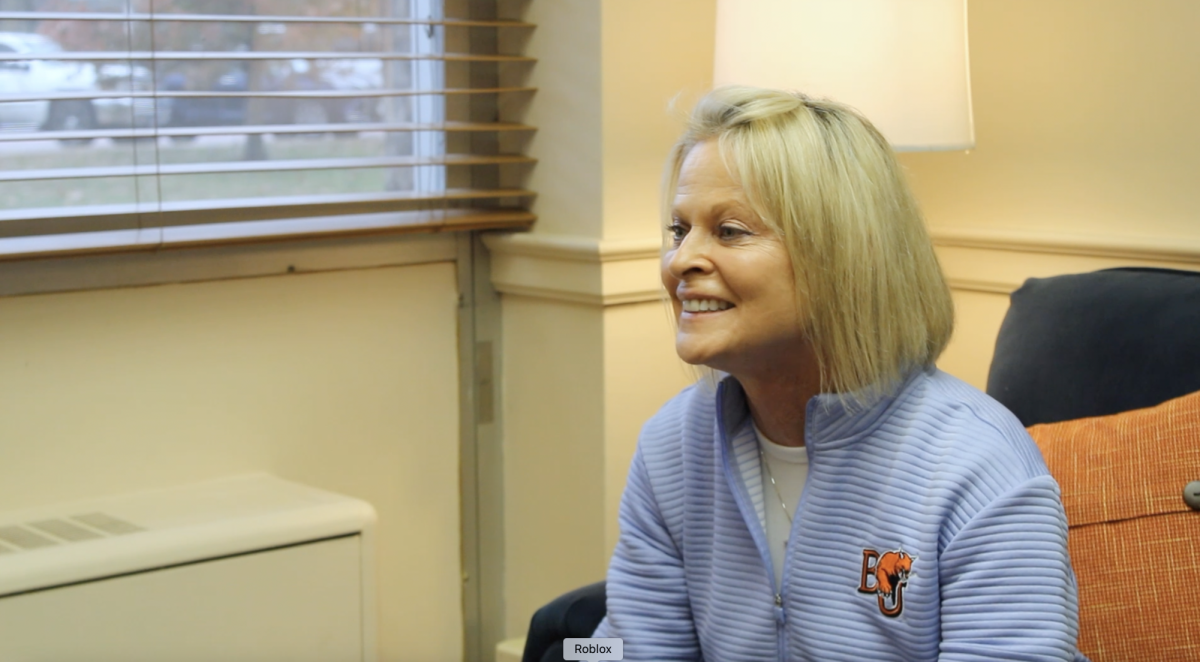Many students at Baker University depend on the money they receive from campus work positions to pay tuition, meal plans, housing and more, and now that the federal minimum wage will increase, some are worried about how it will affect their campus jobs.
Most campus work positions pay only the federally mandated minimum wage of $5.15 an hour, but that will change shortly. Legislation recently passed mandating the minimum wage to increase from $5.15 to $7.25 an hour over the next two years.
Director of Human Resources Kelly Newton said the minimum wage increase is long overdue.
“We don’t have anyone on the Baker staff who is paid minimum wage, except for student work-study positions,” he said. “I do think they deserve a pay increase though.”
Junior Ashley Locklin, who works for Baker’s admissions department, has held a work-study position since her freshman year.
“I chose to get a campus job because they are flexible with the hours I work,” Locklin said. “You can work a couple of hours, go to class, then come back and work some more.”
Earning minimum wage causes some students to seek jobs off campus. Locklin supplements her campus work pay with another job.
“I work at Worlds of Fun on the weekends,” she said. “I get paid more there, but I spend so much on gas that I don’t actually think I make any more money.”
Locklin said she is not sure if increasing the minimum wage is the solution for students in work-study positions at Baker.
“It will make the positions more competitive,” she said. “A lot of people expect that income from work study, and if someone else gets their job, they will be in a bad place.”
Some people are also worried that Baker’s work-study budget will not be able to support as many campus jobs with an increased minimum wage. Bhattacharya said he does not think increasing minimum wage will cause a decrease in the number of student work positions at Baker.
“They should be able to allot for that in the budget,” he said. “If it was a really large increase, like from $5 to $10, that would be different. Baker should be able to adjust to this amount, I think.”
Locklin said she hopes that Baker’s work-study budget will be able to increase, as Bhattacharya described.
“If the wage goes up and only the same amount of money is in the budget, that is just a bad thing,” she said. “It will get rid of jobs.”
Bhattacharya said the increase will likely affect smaller companies rather than universities.
“For students who want to start their own companies after graduation, this will make it harder,” he said. “You need more money to start up.”
He also displayed concern as to how companies will go about finding workers when they are forced to pay each employee more.
“There could be an increase in the hiring of illegal aliens,” he said. “There will also be more people outsourcing.”
He said college students do not need to worry about their jobs being sent to another country, though.
“It is a different skill set needed for a job someone who graduated college will get,” he said. “The outsourcing will be with jobs that need lower skill levels.”
Locklin said although she is not sure what effect the minimum wage increase will have on student jobs at Baker, she encourages students to pursue work-study positions.
“It is a wonderful networking system, and I can learn about other job opportunities and get good references.”


